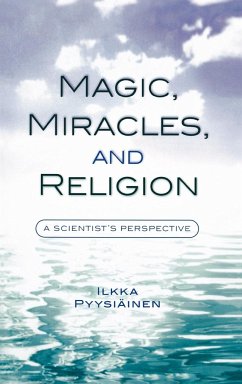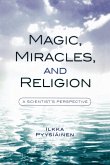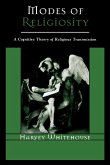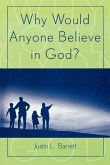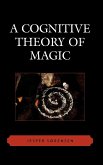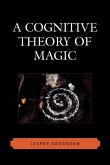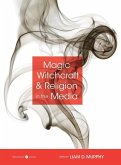Can scientists study religion? Ilkka PyysiSinen says that they can. While the study of religion cannot be reduced to other disciplines, it must not ignore what other disciplines have learned about human thought and behavior. In this collection of essays, PyysiSinen shows how findings from cognitive science can offer new directions to debates in religion. After providing a historical and theoretical overview of the cognitive science of religion, PyysiSinen demonstrates how knowledge of the mind's workings can help deconstruct such concepts as 'god,' 'ideology,' 'culture,' 'magic,' 'miracles,' and 'religion.' For scholars of religion or for scholars of the mind-brain, Magic, Miracles, and Religion provides a helpful overview to this emerging field.

